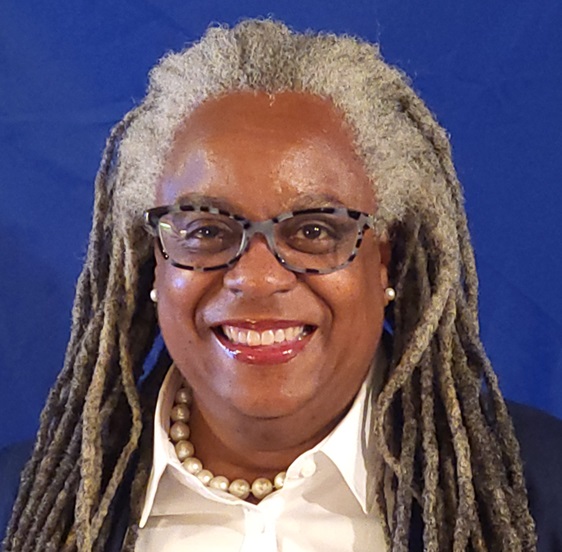The transition from childhood to adolescence is an exciting and wild ride filled with emotional and physical changes. It can sometimes feel overwhelming for both the child and the caregiver. But don’t worry–understanding these transformations and knowing how to support each other can make the journey smoother.
Navigating emotional changes
As your teen grows, you’ll notice significant emotional shifts; in those moments of awareness, you can make the most impact as a caregiver.
Your teen may experience things like:
Mood swings: One moment, they feel on top of the world; the next, they feel down.
Increased sensitivity: They might react more strongly to criticism and feel things on a deeper level.
Desire for independence: Expect them to start pushing boundaries as they seek more freedom.
These changes are due to their hormones, which they’ve never experienced before. Think about a baby who cannot communicate and how they cry or yell to get their caregiver’s attention. Over time, they learn how to talk and communicate their needs.
Teenagers are going through a similar transition. They don’t know exactly what they’re dealing with and may even be confused. You have the incredible responsibility to help them navigate those changes.
How can you, as their caregiver, support them as they navigate this new phase of their lives?
- Be patient and understanding → Remember, mood swings are normal. Try to listen without an adverse reaction and offer support.
- Open communication → Keep the lines of communication open and encourage them to talk openly about what they’re going through.
- Safely pave the way for independence → Give them space to make their own choices and take on new responsibilities, but be there to guide them when they need.
Your teen may feel like they’re on an emotional rollercoaster, experiencing overwhelm, peer pressure, and the challenge of figuring out who they are.
As their caregiver, there are a few ways you can encourage them to work through their new emotions.
- Healthy Outlets: Whether that’s activities they enjoy, like sports, art, or music, to channel emotions positively.
- Take Time for themselves: It’s okay to spend time alone to reflect and recharge.
Navigating physical changes
Your teen is experiencing emotional changes as well as some major physical changes.
Growth spurts: They might need more sleep or become a bit clumsy.
Acne and skin issues: Hormonal changes can cause skin problems, which could affect their self-esteem.
Here’s how you can support:
- Provide reassurance: Help them understand that these changes are normal and everyone goes through them.
- Encourage healthy habits: Promote habits like good hygiene, proper sleep, regular movement, and a balanced diet that they can carry into adulthood.
Navigating social changes
Social dynamics are shifting too. As they develop their own identities, their friendships might change, and friends and peers may become more influential, which can sometimes clash with family values.
There is often a need for social acceptance, which can lead to stress and anxiety.
You can support them by:
- Encouraging healthy friendships and being open to meeting their friends.
- Discussing peer pressure and helping them to develop strategies to handle it.
- Showing interest in their social life and activities without micromanaging.

Navigating friendships can be tricky during this time, and in addition to being supportive, you can help them cope by encouraging them to:
- Be themselves and learn that true friends will accept you for who you are.
- Learn that saying no to things that don’t feel right is okay.
The transition from childhood to adolescence is a complex journey filled with emotional, physical, and social changes. For caregivers, understanding and patience are key to supporting your children. For students, learning to navigate these changes with resilience and self-awareness will help them thrive. By working together, caregivers and students can make this transition smoother and more positive.
Get to know board member Monique Evans Newsome

Monique Evans Newsome is a coordinator of Special Education for the Dekalb County School District leading teams of educators in providing free and appropriate education to students with disabilities eusuring positive outcomes for all students while in public school and post-graduation.
Monique was drawn to become a Future Foundation Board Member because she was excited to see the high level of engagement of young people and their families in addition to its impressive graduation rates. Monique is most existed to not only create more opportunities for the young people Future Foundation serves but to solidify the future and growth of the organization.
Monique believes what sets Future Foundation apart is its second family model. It successfully creates and maintains a network of adults to support students into adulthood. It also ensures young people are not only exposed to varied opportunities but are prepared to take advantage of opportunities.
As a lifelong educator, her background and the mission of Future Foundation sync. Working with students who receive free or reduced lunch in public schools has given her a drive to make sure we help disrupt generational poverty.
We asked Monique a few questions about transitions during her adolescence.
What would have helped you feel better equipped to transition from middle school to high school or from high school to college?
“I would have felt better equipped to have a community. Transitioning from middle to high then high school to college was a challenge for me because each time I was entering into very different environments with completely new sets of people. If I would have had consistent community with peers and adult mentors through each transition, I think the transitions would have been a lot easier.”
What advice do you have for students transitioning from middle school to high school and high school to college?
I recommend being a part of organizations or communities outside and inside of school like a school club, scouting or Future Foundation. I think having a consistent group of peers and adult mentors that become like a second family for you provides a sense of security and belonging. As life comes at you, it is good to know you have some folks who can provide a soft landing and help push you to success.
